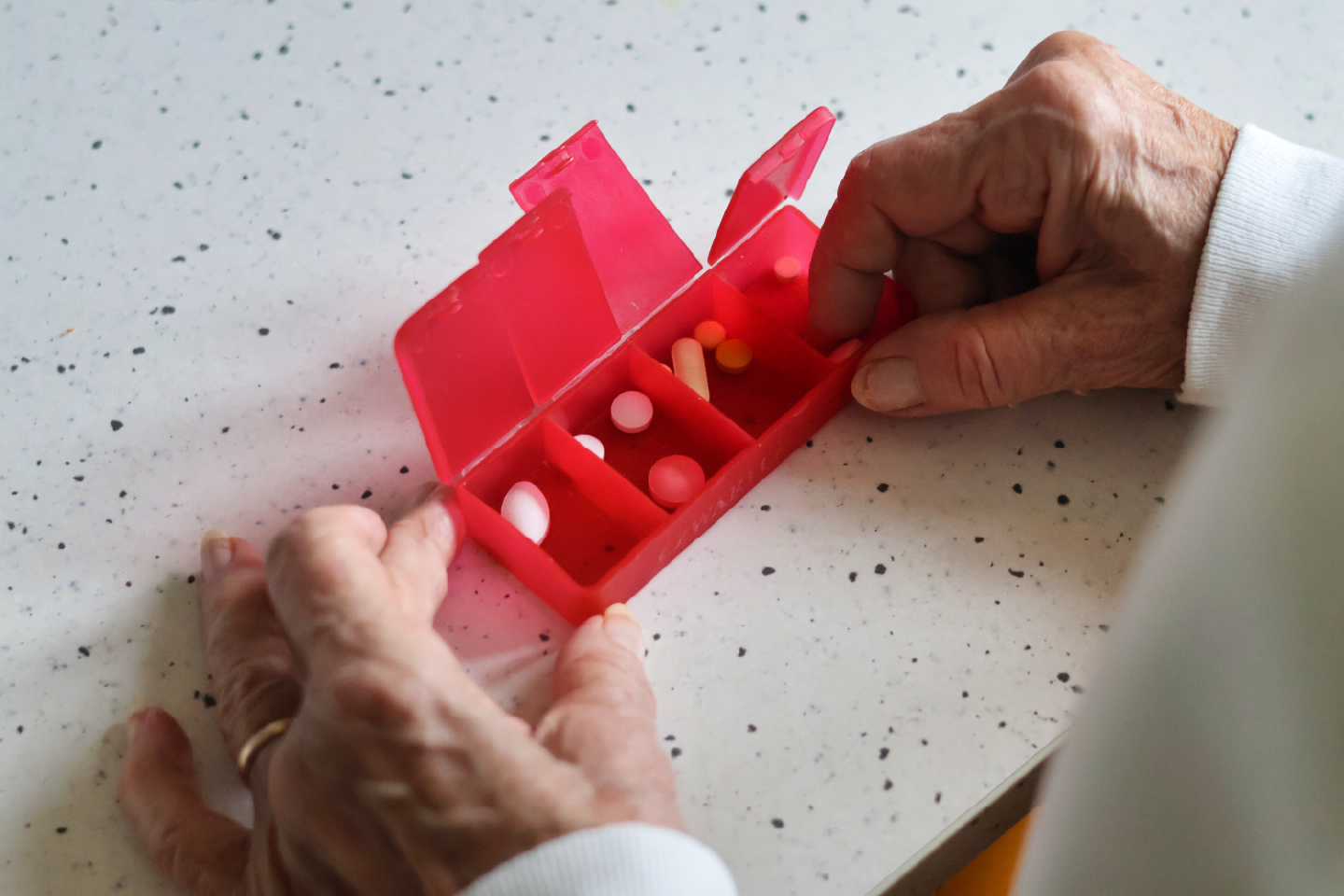Understanding Common Drug Interactions: How Can I Avoid Dangerous Medication Mix-ups?

Understanding what drug interactions are and how they occur is your first line of defense against potentially dangerous medication combinations. Simply put, a drug interaction happens when one medication affects how another medication works in your body—either reducing effectiveness or amplifying side effects in ways that can catch you completely off guard.
Every year, thousands of people experience preventable complications from drug interactions that could have been avoided with the right knowledge. The good news? Most of these interactions are entirely predictable and manageable once you understand the warning signs.
The Three Types of Drug Interactions You Need to Know
Drug-Drug Interactions: When Medications Clash These occur when two or more prescription or over-the-counter medications react with each other in your system. Take the combination of blood thinners like warfarin with NSAIDs like ibuprofen—this pairing can dramatically increase bleeding risk, turning a minor cut into a medical emergency. What makes this particularly dangerous is that both medications are commonly prescribed and seem harmless on their own.
Drug-Food Interactions: When Your Meal Affects Your Medicine Certain foods and beverages can interfere with how your body processes medications, sometimes with serious consequences. The most notorious example is grapefruit juice, which blocks enzymes responsible for breaking down dozens of common medications. This interference can cause drug levels to skyrocket in your bloodstream, essentially giving you an accidental overdose of medications you've been taking safely for years.
Drug-Supplement Interactions: The Hidden Risks of "Natural" Products Over-the-counter supplements might seem harmless, but they can pack a powerful punch when combined with prescription medications. St. John's Wort, marketed as a natural mood booster, can actually reduce the effectiveness of birth control pills, antidepressants, and heart medications. The concerning part? Many people don't think to mention supplements to their doctors, creating a blind spot in medication safety.
High-Risk Medications That Demand Extra Caution
Some medications are involved in drug interactions more frequently than others. If you're taking any of these, extra vigilance is essential:
- Anticoagulants (blood thinners) - Small changes in dosing or interactions can have life-threatening consequences
- Antibiotics - Can interfere with everything from birth control to blood thinners
- Diabetes medications - Interactions can cause dangerous blood sugar swings
- Blood pressure medications - Combinations can lead to dangerously low blood pressure
- Antidepressants - Particularly prone to interactions with supplements and other psychiatric medications
- Anti-seizure medications - Interactions can reduce seizure control or increase side effects
- Statins (cholesterol-lowering drugs) - Risk of muscle damage increases with certain drug combinations
The concerning reality is that many people taking these medications don't realize how many common substances can interfere with their effectiveness or safety.
Essential Drug Interaction Prevention Strategies
Create and Maintain Your Complete Medication Profile Keep an updated list of ALL substances you take—prescription drugs, over-the-counter medications, vitamins, supplements, and herbal remedies. Include dosages and how often you take each one. This isn't just for your records; it's a critical safety tool that should go with you to every medical appointment.
Practice Universal Disclosure Share your complete medication list with every healthcare provider you see, including specialists, dentists, and even your eye doctor. Many professionals prescribe medications, and each needs the full picture to avoid dangerous interactions. Don't assume they'll check with your other doctors—take responsibility for connecting the dots.
Leverage Pharmacy Technology for Safety Using a single pharmacy for all your prescriptions allows their computer system to automatically screen for drug interactions every time you fill a prescription. This automated safety check has prevented countless dangerous combinations from reaching patients. If you must use multiple pharmacies, make sure each one has your complete medication list.
Ask the Right Questions About New Medications When receiving any new prescription, ask your doctor or pharmacist these specific questions:
- "How will this interact with my current medications?"
- "Are there any foods, drinks, or supplements I should avoid while taking this?"
- "What warning signs should I watch for that might indicate an interaction?"
- "What should I do if I experience unusual symptoms?"
Use Technology to Your Advantage Reliable drug interaction checker tools can provide an additional safety layer, helping you identify potential problems before they occur. However, remember that these tools complement—never replace—professional medical advice.
Your Pharmacist: An Underutilized Safety Resource
Your pharmacist represents one of the most accessible and knowledgeable resources for drug interaction questions. Unlike physicians who focus on diagnosis and treatment, pharmacists specialize specifically in medication safety, drug interactions, and proper medication use. They're often available for quick consultations without appointments and can provide immediate answers to urgent medication safety questions.
Many people hesitate to "bother" their pharmacist with questions, but medication safety consultations are literally part of their job. Take advantage of this expertise—it could prevent a serious interaction.
Taking Control of Your Medication Safety
Drug interactions don't have to be a source of anxiety if you approach them with the right knowledge and preparation. By understanding the types of interactions, knowing which medications carry higher risks, and implementing basic safety practices, you can dramatically reduce your risk of experiencing harmful drug combinations.
Remember, medication safety is a partnership between you and your healthcare team. The more informed and proactive you are about potential interactions, the better equipped everyone is to keep you safe while ensuring your medications work as intended.
Your health depends on more than just taking the right medications—it depends on taking them safely. Make drug interaction awareness part of your healthcare routine, and you'll have taken a significant step toward protecting your long-term wellbeing.
Using a single pharmacy for all your prescriptions allows their system to automatically flag potential drug interactions - it's one of the simplest yet most effective safety measures.


